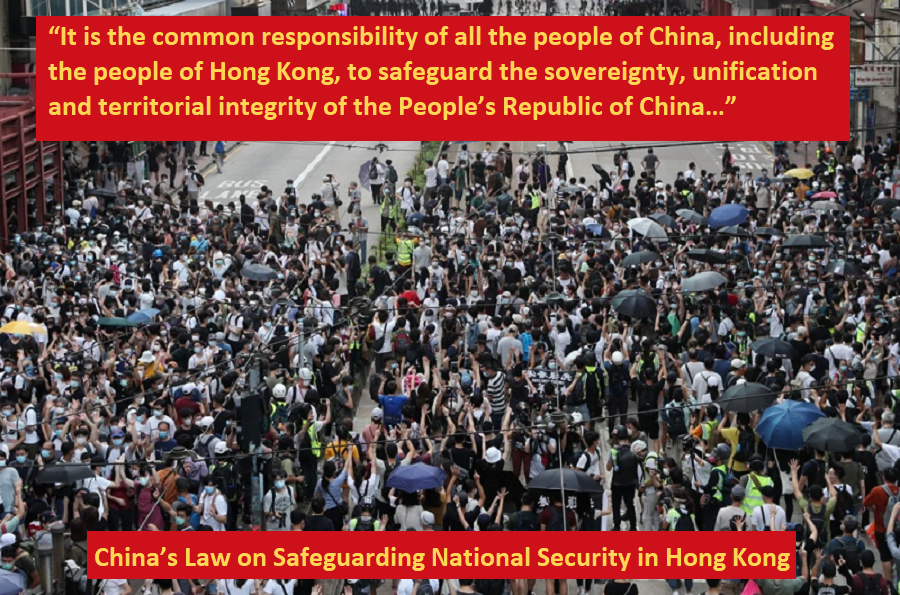“Sad Day for Hong Kong”: SCMP
“Sad Day for Hong Kong”: SCMP
Read the article from the South China Morning Post about the new national security law for Hong Kong from China.
Teddy Ng joined the Post’s China desk in 2011, focusing on foreign affairs. He is now a news editor of the section.
Joyce Ng covers Hong Kong’s politics and housing issues. She joined the Post in 2008 to focus on urban planning, housing and heritage news, and has won awards for reporting on developers’ tricks in flat sales.
Jun Mai is an award-winning journalist and has covered Chinese politics, diplomacy, legal affairs, social activism and general breaking news for a decade. Before his current posting in Beijing, he was based in Hong Kong and has also completed a stint in Washington DC.
Tony Cheung became a political journalist in 2007. He joined the Post in 2012 and now leads the Hong Kong-mainland relations team on the Hong Kong desk. Tony also writes about the economy, and reports from mainland China, the United States, Germany and Britain.
Read the full text of the national security law:
“A person who organises, plans, commits or participates in any of the following acts, whether or not by force or threat of force, with a view to committing secession or undermining national unification shall be guilty of an offence: (1) separating the Hong Kong Special Administrative Region or anyother part of the People’s Republic of China from the People’s Republic of China; (2) altering by unlawful means the legal status of the Hong Kong Special Administrative Region or of any other part of the People’s Republic of China; or (3) surrendering the Hong Kong Special Administrative Region or any other part of the People’s Republic of China to a foreign country.”
Also read “Britain to give millions of Hongkongers path to citizenship” from the South China Morning Post: About 3 million holders of British National (Overseas) passports and dependents will be allowed to move to the United Kingdom for five years and then apply for permanent residency.
Also read “US suspends Hong Kong import rights over autonomy fears.”
